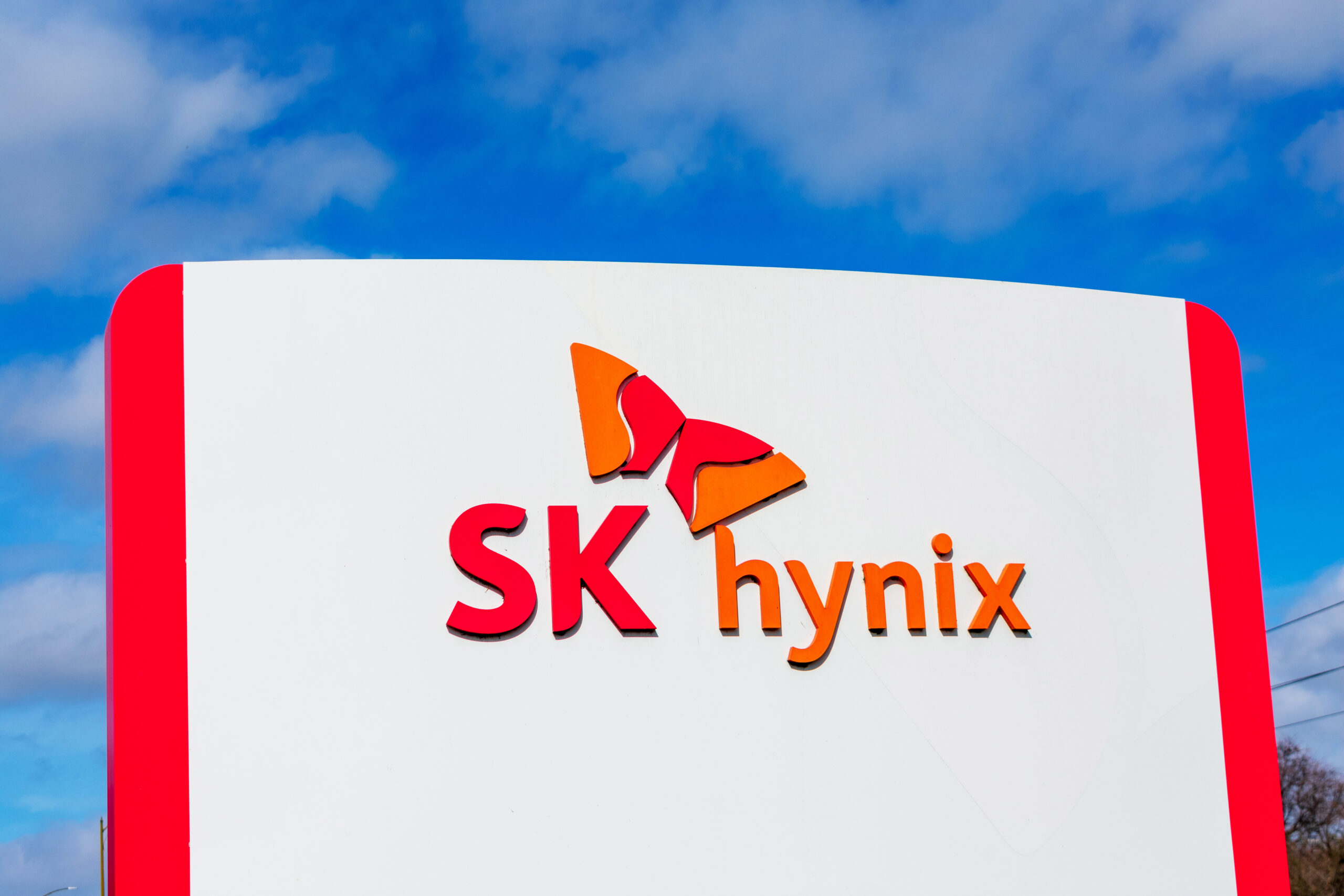What SEC Crackdown on Kraken Means for Ethereum Staking

On Friday, the Securities and Exchange Commission (SEC) revealed that Kraken, a crypto exchange, had agreed to settle a $30 million penalty for failing to register with the commission its staking-as-a-service product. Just two days before, Brian Armstrong, Coinbase boss, had disclosed that the SEC was planning to restrict crypto staking in the US.
For a minute, it appeared that the agency’s enforcement action on Kraken would be bad for crypto staking services. However, that has not been the case. The governance tokens of two leading crypto staking providers, Rocket Pool and Lido, have surged by over 10% in the past 24 hours, according to CoinGecko.
This shows that the stakers are only worried about centralized exchanges like Coinbase and Kraken, that act as staking brokers but are confident in decentralized staking providers. On Saturday, data from GeckoTerminal indicated that Coinbase Wrapped Staked ETH selling volume had outmatched buying at a ratio of nearly 3:1.
Importance of Crypto Staking
Staked crypto on Proof-of-Stake blockchains helps to keep such networks running. Further, they enable validators to prove transactions; in return, they are rewarded tokens for their participation. However, validators can lose a portion of their staked crypto for inactivity or when they are found guilty of various offenses.
Becoming an independent Ethereum validator is costly. You will need about 32 ETH ($48,340) to get started. So most retail investors do not have such amounts; therefore, they turn to pooled staking and staking-as-a-service providers who allow anyone to stake regardless of their ETH amount. These providers offer either straightforward or liquid staking.
Why Stakers are Opting for Liquid Staking
For liquid staking, stakers receive a portion of the validator rewards and a token, which can be redeemed for their staked crypto and is also tradeable. According to DeFi Lllama, about 64 liquid staking protocols account for $13 billion of the $48 billion in assets circulating in DeFi space. That puts liquid staking as the third largest category behind DEXes and lending protocols.
One of the major problems that SEC had with Kraken was that it determined the returns stakers would receive, not the underlying blockchains. Therefore, the agency claims that by doing so, Kraken acted more like an intermediary.
Tokenhell produces content exposure for over 5,000 crypto companies and you can be one of them too! Contact at info@tokenhell.com if you have any questions. Cryptocurrencies are highly volatile, conduct your own research before making any investment decisions. Some of the posts on this website are guest posts or paid posts that are not written by Tokenhell authors (namely Crypto Cable , Sponsored Articles and Press Release content) and the views expressed in these types of posts do not reflect the views of this website. Tokenhell is not responsible for the content, accuracy, quality, advertising, products or any other content or banners (ad space) posted on the site. Read full terms and conditions / disclaimer.




